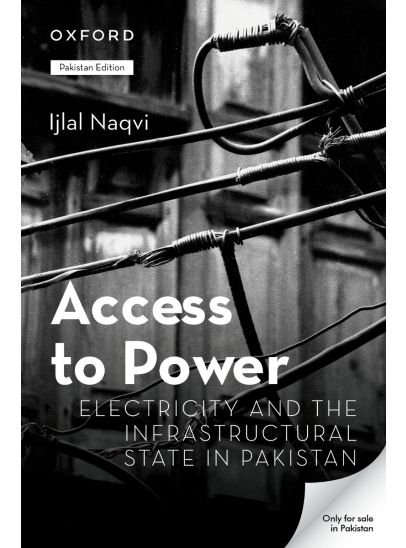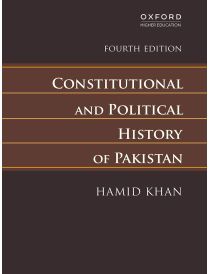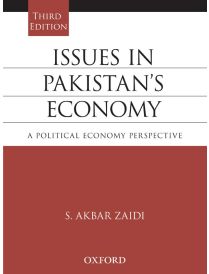Access to Power
PAKISTAN needs to produce enough electricity to meet its requirements but usually doesn’t. Despite prioritization by successive governments, targeted reforms shaped by international development actors, and featuring prominently in Chinese Belt and Road investments, Pakistan’s power sector continues to stifle economic and social life across the country. Why?
In Access to Power, Ijlal Naqvi explores the state’s capacity in Pakistan by following the material infrastructure of electricity across the provinces and down into cities and homes. Naqvi argues that the national-level challenges of crippling budgetary constraints and power shortages directly result from conscious strategic decisions that are integral to Pakistan’s infrastructural state. As he shows, electricity governance in Pakistan reinforces unequal relations of power between provinces and the federal center, contributes to the marginalization of subordinate groups in the city, and cements the patronage-based relationships between Pakistani citizens and the state that have been so detrimental to development progress.
Looking through the lens of the electrical power sector, Access to Power reveals how Pakistan actually works, and to whose benefit.
 Weight in kg
0.29
Weight in kg
0.29
 Rights
For sale in Pakistan only
Rights
For sale in Pakistan only
 Year of Publication
2023
Year of Publication
2023
 Binding
Paperback
Binding
Paperback
 Pages
208
Pages
208




 Bulk Order
Bulk Order Request a Quote
Request a Quote




